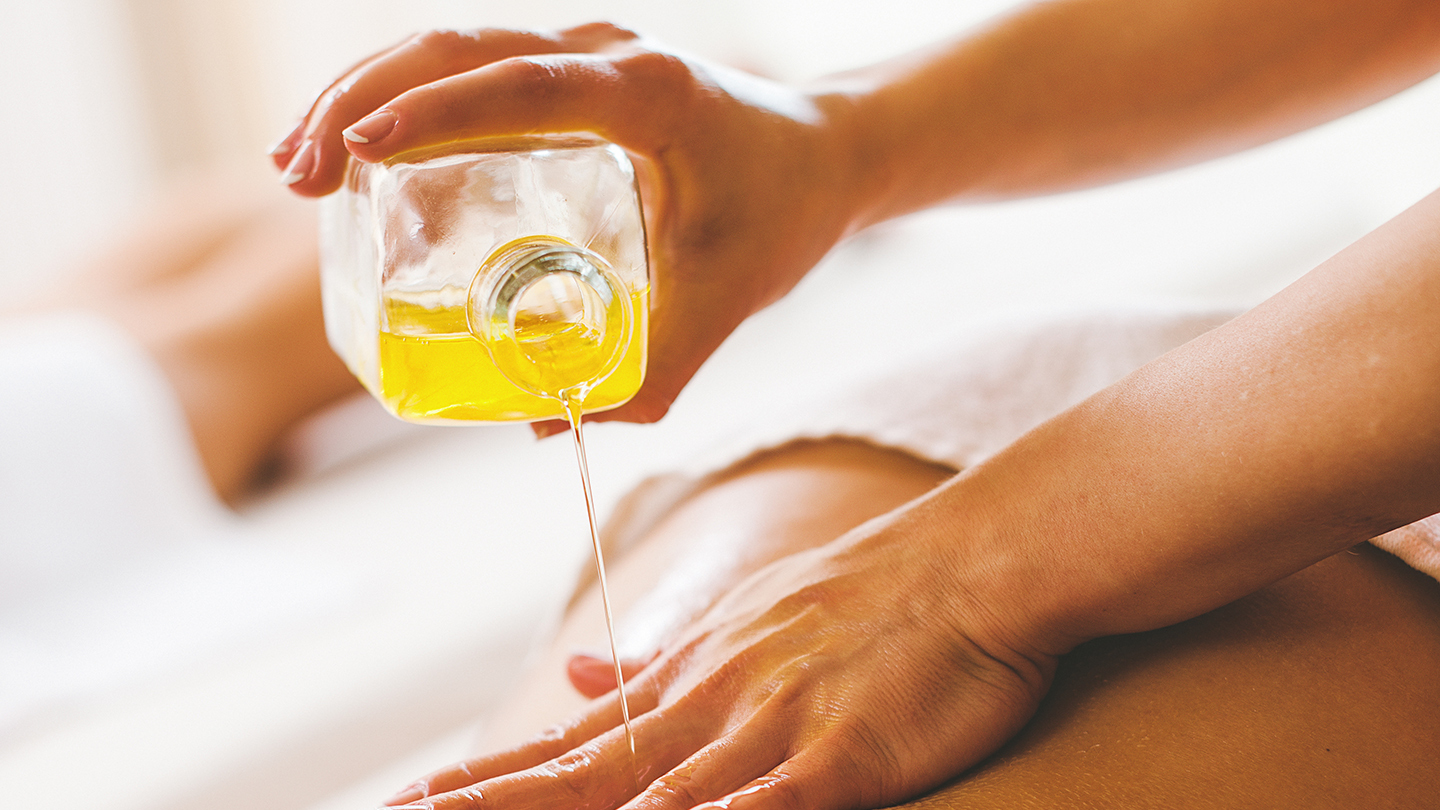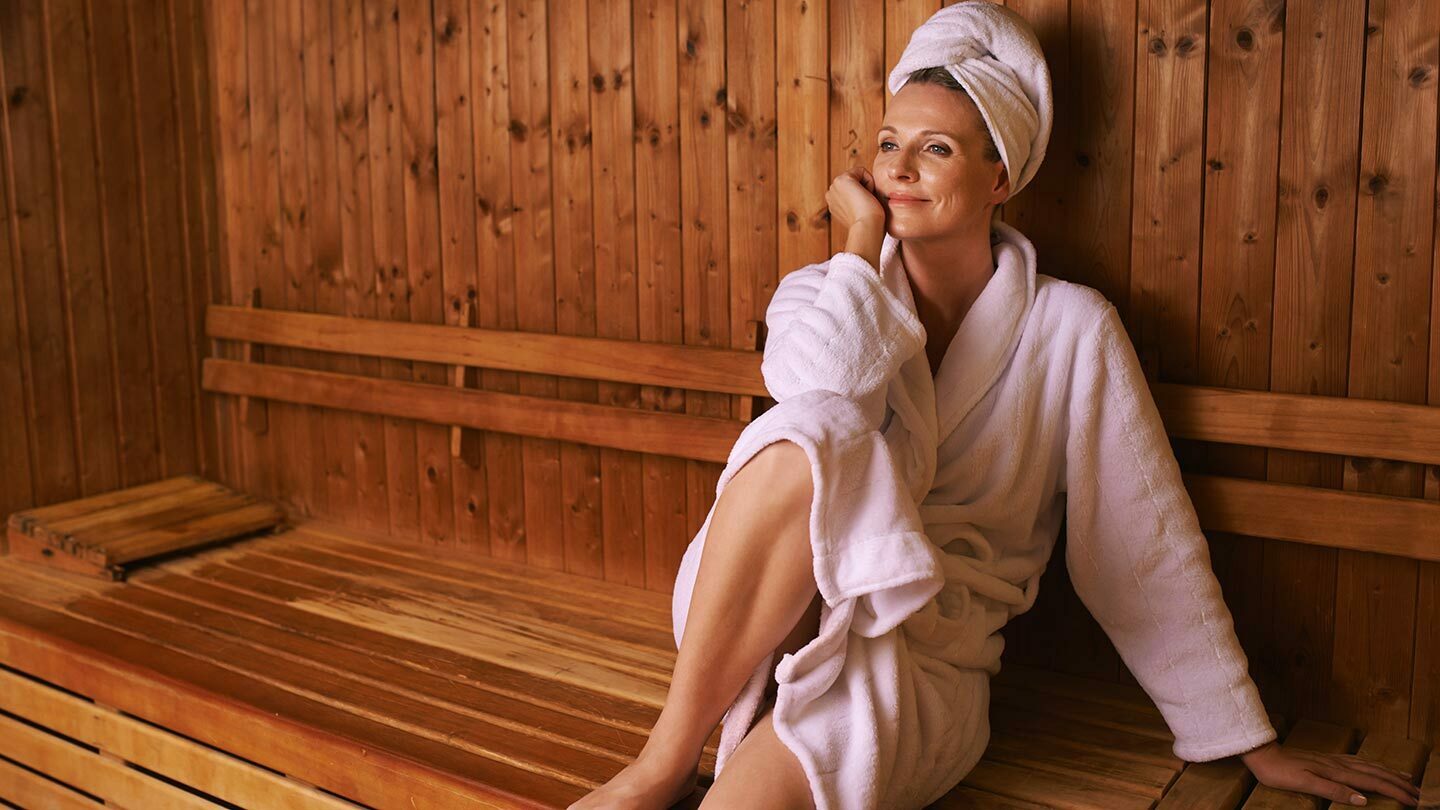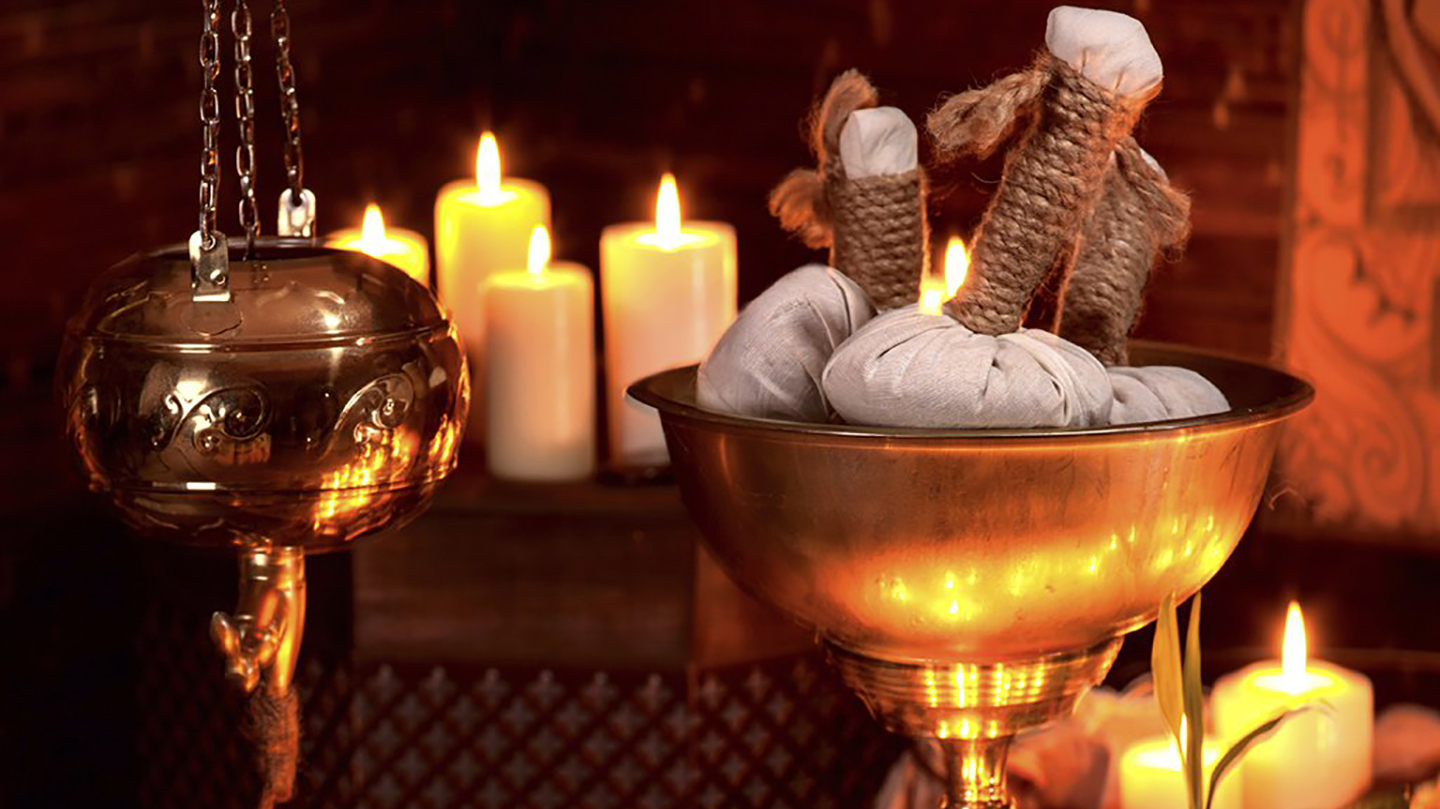Stress is what happens when you react to an emergency situation and your body releases cortisol (and other hormones, such as adrenaline) into your bloodstream. These hormones make your heart beat faster and prepare your body to respond to danger. Sometimes, a little stress is good: it makes us achieve what we want, meet deadlines, and work the occasional miracle. A life with no stress at all would be a little insipid. But too much stress, for too long, is damaging to our health. Stress raises our blood pressure, causes us to lose sleep at night, and can bring us out in rashes while we're nibbling our fingernails to the quick. At times like that, a little spa de-stress never comes amiss.
The stress hormones produce instant changes:
With that kind of pressure on your body, it's easy to see why some studies say that 80% of illnesses are stress-related, from issues with digestion to aches, pains and muscle problems. Stress hormones give our bodies an effective "fight or flight" response. This is great when you're on the run from a sabre-toothed tiger, not so helpful when your boss is shouting, you're overdrawn at the bank or the child-minder just called in sick.
So what are the best spa treatments or therapies to help reduce stress?

Many studies confirm that the human touch releases the hormone oxytocin, which helps to counteract the stress hormones. Oxytocin is a hormone which increases feelings of trust and enables bonding.
One magical stress-buster is massage. A study showed that adults who received a weekly chair massage for five weeks had lower stress at the end of the trial than the control group, who simply sat relaxing for the same amount of time.(1)
There are endless varieties of massage on offer, from deep-tissue full body massage to Thai massage. The important thing is that you're relaxed and de-stressed at the end. Find out what your local spa offers and decide what you want; massage is such a personal treatment, it has to be your choice. Single Spy always books Indian head massage. Student Spy prefers Swedish.
A good option could be a straightforward aromatherapy massage; you can decide how much pressure your tense muscles can bear. Our recommendation would be a lava shell or hot-stone massage --a massage which uses heated stones or shells to soothe stressed bodies. The combination of touch and heat mixes two of the best de-stressers and will help you to unwind.

Stressed muscles and tense bodies respond well to being warmed. So, to aid your de-stress, try to incorporate heat into your spa experience. Visit a spa that offers thermal experiences, such as steam rooms or a sauna.
When your body temperature rises, which it does when you experience heat, this fools your body into thinking it has a fever. Your body therefore increases the production of white blood cells, and these help boost your immune system.
Steam rooms have also been found to be good for your mental health, too, as they reduce your levels of adrenaline and increase endorphins -- nature's "happy" hormones. Take at least half an hour to warm up before having a massage to enjoy extra relaxing benefits.
You could also try a rhassoul treatment, which combines thermal mud with beneficial scented steam for a relaxing treat.

Therapies such as shiatsu, ayurvedic massage, acupuncture and reflexology are rooted in ancient traditions. Healing therapies from Asia take a holistic approach to healing; that is, they aim to treat the whole person – their body, mind and spirit -- not just treat an individual symptom. If you're looking for a long-term approach to managing stress, trying a traditional therapy is a positive step in the right direction.
If you've never tried abhyanga, an ayurvedic treatment that involves massage of the body with large amounts of warm oil (thus involving touch, heat and ancient wisdom), this is the treatment we recommend you try out. Tell us how your stress levels are after melting...
Combine your treatment with aromatherapyto maximise your de-stress potential. Studies have shown that the scents of lavender and rosemary can decrease the stress hormone, cortisol (2).
References:
1 Field, T., Ironson, G., Scafidi, F., Nawrocki, T.,Goncalves, A., Burman, I., Pickens, J., Fox, N., Schanberg, S., & Kuhn, C., Massage therapy reduces anxiety, International Journal of Neuroscience, Vol. 86 (3-4), 1996, pp197-205. http://www.ncbi.nlm.nih.gov/pubmed/8884390
2. Atsumi, T and Tonosaki, Smelling lavender and rosemary, Psychiatry Research, Vol. 150 (1), 2007, pp89-96. http://www.ncbi.nlm.nih.gov/pubmed/17291597

Shy Spy
8th May 2013
Spy Likes:
Instant results; jasmine and frangipani scents; hot steam rooms; a good selection of magazines; modernist decor.
Spy Dislikes:
Whale noises (on CD, not in the pool hopefully); hard massage beds; tiny toilet cubicles; being spoken to like a child; lukewarm pools.
